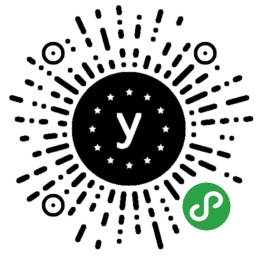简体中文 | English
Tiny Size: after importing into the app, the package's size is smaller than 1kbSimple Usage: only 2 API for state management binding
The base library should greater than 2.2.1
-
$ npm install minii --production -
In WeChat Developer Tool, Tools -> build npm
-
In WeChat Developer Tool, Details -> check
Use NPM module
Official doc: how to use npm in wechat
// stores/user.js
import { observe } from 'minii'
class UserStore {
constructor () {
this.name = 'A'
}
changeName (name) {
this.name = name
}
}
// the second params 'user' gonna bind this store's attributes into globalState.user
// if the second params is empty, the lowercase of the class name will be used
export default observe(new UserStore(), 'user')import { mapToData } from 'minii'
import userStore from '../../stores/user'
const connect = mapToData(function (state, opt) {
// opt is the same one in onLoad(opt)
// using this.data to get current page's data
return {
myName: state.user.name
}
))
// Same for Component
Page(connect({
onChangeName () {
userStore.changeName('B')
}
}))<view>
<text>My name</text>
<text>{{ myName }}</text>
<button bindtap="onChangeName">Change Name</button>
</view>Creating a file to import all stores is recommended, e.g.:
/stores
user.js
shop.js
index.js
app.jsimport all stores in stores/index.js
export userStore from './user'
export shopStore from './shoprequire this file in mini-app's app.js
require('./stores/index')mapToDate is for connecting state into page's data, you can think about it like connect in react-redux. After observing a store observer(instance, 'user'), we can get the store's state by state.user
observe is for binding the store's attribute into the global state and observe the changes. While changing the store's observed attributes will lead pages' update.
Only changing store's attribute through store's instance methods is recommened
$ npm run build$ npm publish
MIT




